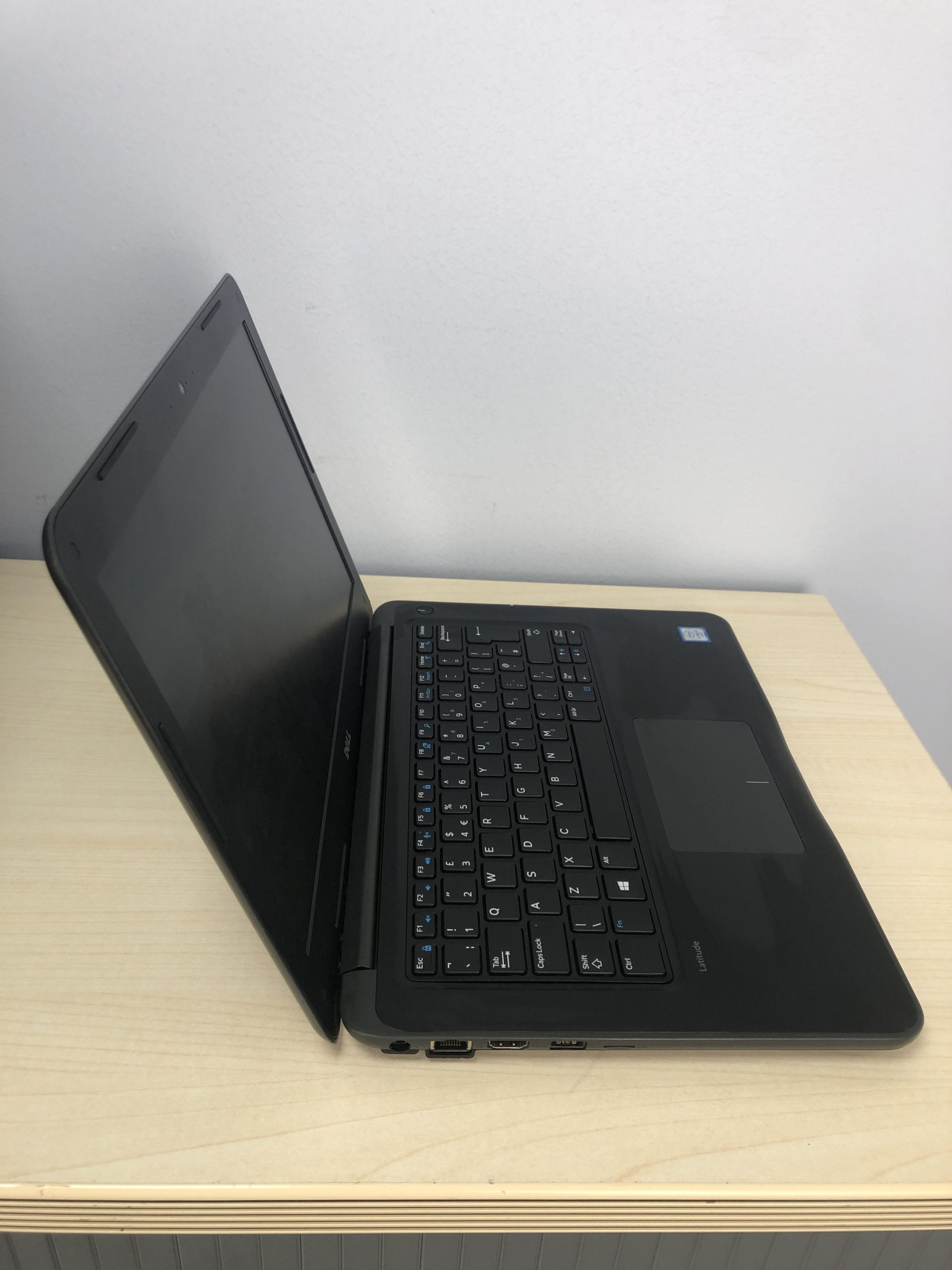Is Your IP Address at Risk? Understanding the Potential Threats
In the digital age, privacy is a paramount concern, especially for those who run online games from personal networks. Recently, an unsettling incident arose for one Minecraft server owner, highlighting the vulnerabilities that can affect even private gaming communities.
Our author shared their experience of managing a personal Minecraft server for family and friends, where privacy was never a pressing issue until a strange event occurred. To their dismay, three unfamiliar players were able to log onto their server one after another, raising alarms about the safety of their network. The owner swiftly took action, shutting down the server and activating a whitelist feature to safeguard against any further unauthorized access.
Upon investigating, the owner geolocated the IP addresses of the unintended guests and discovered that while one was from Seattle, the other two originated from Birmingham, UK. In contrast, the server owner resides near Philadelphia, leaving them puzzled about how these players gleaned their IP address.
The owner emphasized that they only shared their IP with trusted individuals, so they are left to wonder if there’s been a breach or if this was merely a coincidence. The main concern lingers: how did these players acquire their IP, and could their network security be at risk?
For those engaged in similar gaming pursuits, this story serves as a reminder of the importance of safeguarding personal information online. It raises the question—does a situation like this merit further action, or is it simply an isolated incident without real threat?
While it’s reasonable to feel anxious about potential privacy breaches, assessing the situation with a clear head is crucial. Here are some steps to consider:
-
Change Your IP Address: Contact your Internet Service Provider (ISP) about changing your IP if you suspect it has been compromised.
-
Enhance Server Security: Implement additional security measures such as passwords, whitelists, or private server settings.
-
Educate Yourself: Learn about IP addresses and how they can be exposed in online gaming and other activities.
-
Stay Vigilant: Monitor your server for any unusual activity and be cautious when sharing your IP address in the future.
Ultimately, while a single incident may not indicate a severe threat, it’s vital to stay proactive in protecting your online presence. Engaging in best practices can help ensure your gaming experience remains both enjoyable and secure.
Share this content:



